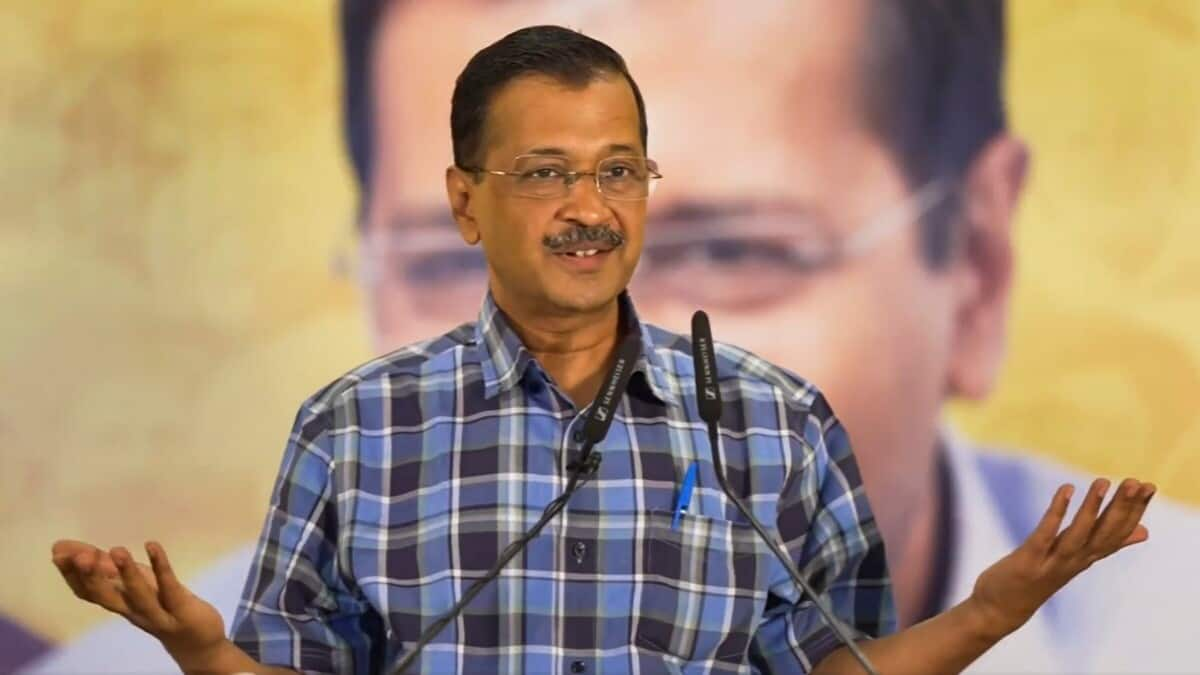
Supreme Court adjourns Kejriwal's plea challenging CBI arrest
What's the story
The Supreme Court has postponed the hearing of Delhi Chief Minister Arvind Kejriwal's plea, challenging his arrest by the Central Bureau of Investigation (CBI) in the alleged Delhi excise policy scam. The pleas challenging the arrest and seeking bail will next be heard on September 5. The decision was made after the CBI requested additional time to submit a counter-affidavit on this matter.
Legal proceedings
SC grants CBI time for counter-affidavit, Kejriwal to respond
The court has granted the CBI permission to submit its counter-affidavit in this case, and provided Kejriwal with two days to file a rejoinder if necessary. Kejriwal's latest petition before the Supreme Court challenges the Delhi High Court ruling of August 5, in which his plea against CBI arrest was dismissed by a single judge bench. The single judge bench, while dismissing his plea, had allowed him to approach the trial court for bail.
Arrest details
Kejriwal's arrest and subsequent legal actions
Kejriwal was officially arrested by the CBI on June 26, 2024, while already in Enforcement Directorate (ED) custody for a money laundering case linked to the alleged liquor policy scam. Despite being granted interim bail by the Supreme Court in the money laundering case on July 12, he remained in judicial custody due to his arrest by the CBI.
Plea dismissal
Kejriwal's plea against CBI arrest dismissed by HC
Following his arrest, Kejriwal challenged the CBI's action and sought bail from the Delhi High Court. However, on August 5, Justice Neena Bansal Krishna dismissed his plea against the CBI arrest but allowed him to approach the trial court for bail. Dissatisfied with this decision, Kejriwal then took his case to the Supreme Court. On August 14, the Supreme Court issued a notice regarding Kejriwal's plea but clarified that it was not granting him interim bail.
Policy termination
Excise policy scrapped following allegations of corruption
The New Delhi Excise Policy for 2021-2022 policy was terminated in 2022 after the Delhi Lieutenant Governor ordered a CBI investigation into alleged irregularities and corruption related to its formulation and implementation. Both the CBI and ED claim that irregularities were committed while amending the excise policy, and undue benefits were given to license holders.